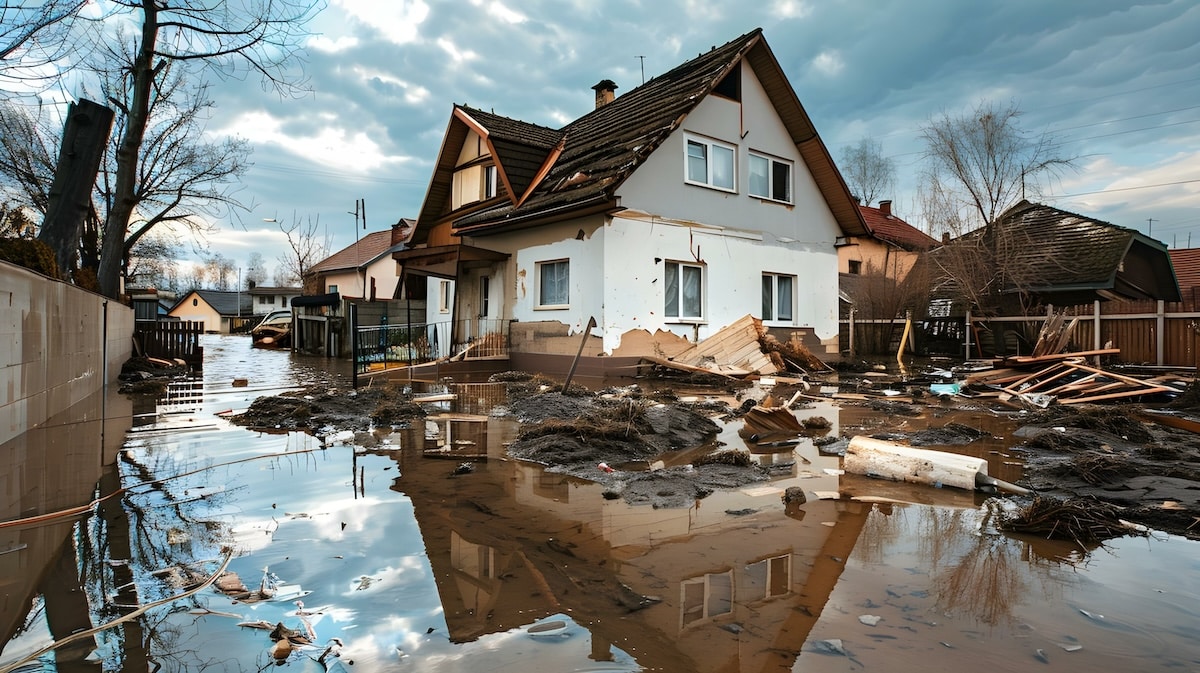[ad_1]
Arizona Gov. Doug Ducey, a Republican, signed a bill into law Wednesday that will make it illegal to film the police within eight feet.
The legislation, H.B. 2319, makes it a misdemeanor offense to continue filming police activity from within eight feet of an officer after receiving a verbal warning. The bill originally restricted filming the police from no closer than 15 feet away, but it was amended after criticisms.
There are also exceptions for filming the police in a private residence, during a traffic stop, and for the subject of a police encounter. But the law qualifies those exceptions, saying they apply only if the person recording is “not interfering with lawful police actions,” or “unless a law enforcement officer determines that the person is interfering in the law enforcement activity or that it is not safe to be in the area and orders the person to leave the area.”
Interfering with police, or obstruction of justice, is one of the most frequently cited justifications for frivolous and retaliatory arrests.
The American Civil Liberties Union (ACLU) of Arizona opposed the legislation, saying it “lacks specificity and gives officers too much discretion—making it the bill more apt to protect bad cops who want to hide misconduct than those who are doing their job properly with a bystander recording nearby.”
The bill’s sponsor, state Rep. John Kavanagh (R–Fountain Hills), wrote in a March op-ed that he introduced it “because there are groups hostile to the police that follow them around to videotape police incidents, and they get dangerously close to potentially violent encounters.”
“I can think of no reason why any responsible person would need to come closer than 8 feet to a police officer engaged in a hostile or potentially hostile encounter,” Kavanagh wrote. “Such an approach is unreasonable, unnecessary and unsafe, and should be made illegal.
T. Greg Doucette, a criminal defense attorney who also specializes in free speech law, told Reason in February that there are constitutional problems with the law.
“Can you be arrested for standing still while wearing a GoPro under this statute?” Doucette asked. “It seems the answer here is yes, which would violate the First Amendment (since standing still isn’t interfering with an officer’s duties).”
The First Amendment right to film the police has been upheld by several federal appeals courts, as Reason‘s Billy Binion has reported:
The right to film government officials in public has been at the center of a slew of legal challenges over the last few decades. And several federal appeals courts—including the 1st, 3rd, 5th, 7th, and 11th Circuits—have ruled that it is indeed an activity protected by the First Amendment.
It was also established in the 9th Circuit—where Arizona is located—almost 30 years ago, in a 1995 decision where the court ruled that a cop violated the Constitution when he physically sought to stop a man from videotaping a public protest in 1990.
The National Press Photographers Association, joined by numerous media outlets and press freedom groups, issued a letter in February opposing the bill. They declared that the legislation “violates not only the free speech and press clauses of the First Amendment, but also runs counter to the ‘clearly established right’ to photograph and record police officers performing their official duties in a public place.”
While civil liberties groups say recording the police is both protected and crucial for government accountability, lawmakers in some states have been trying to make it harder for citizens to do it. In addition to Arizona, the South Carolina and Florida legislatures have also introduced bills over the past two years to restrict the ability to film the police.
State legislators should be less concerned with cops’ feelings and more concerned about citizens’ right to document how armed government agents go about their business. Giving officers another discretionary offense to slap on someone who annoys them will lead only to more confusion and more censorship.
[ad_2]
Source link





